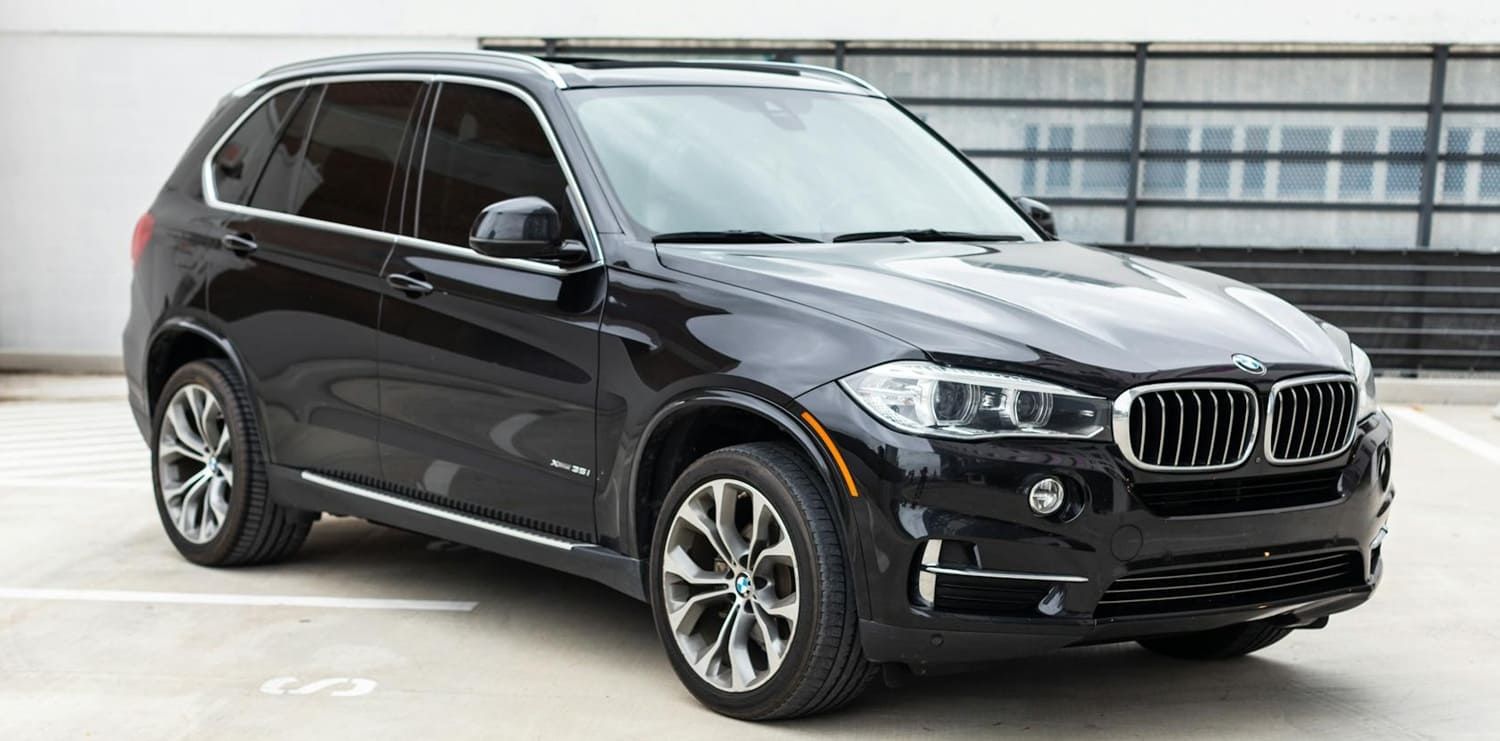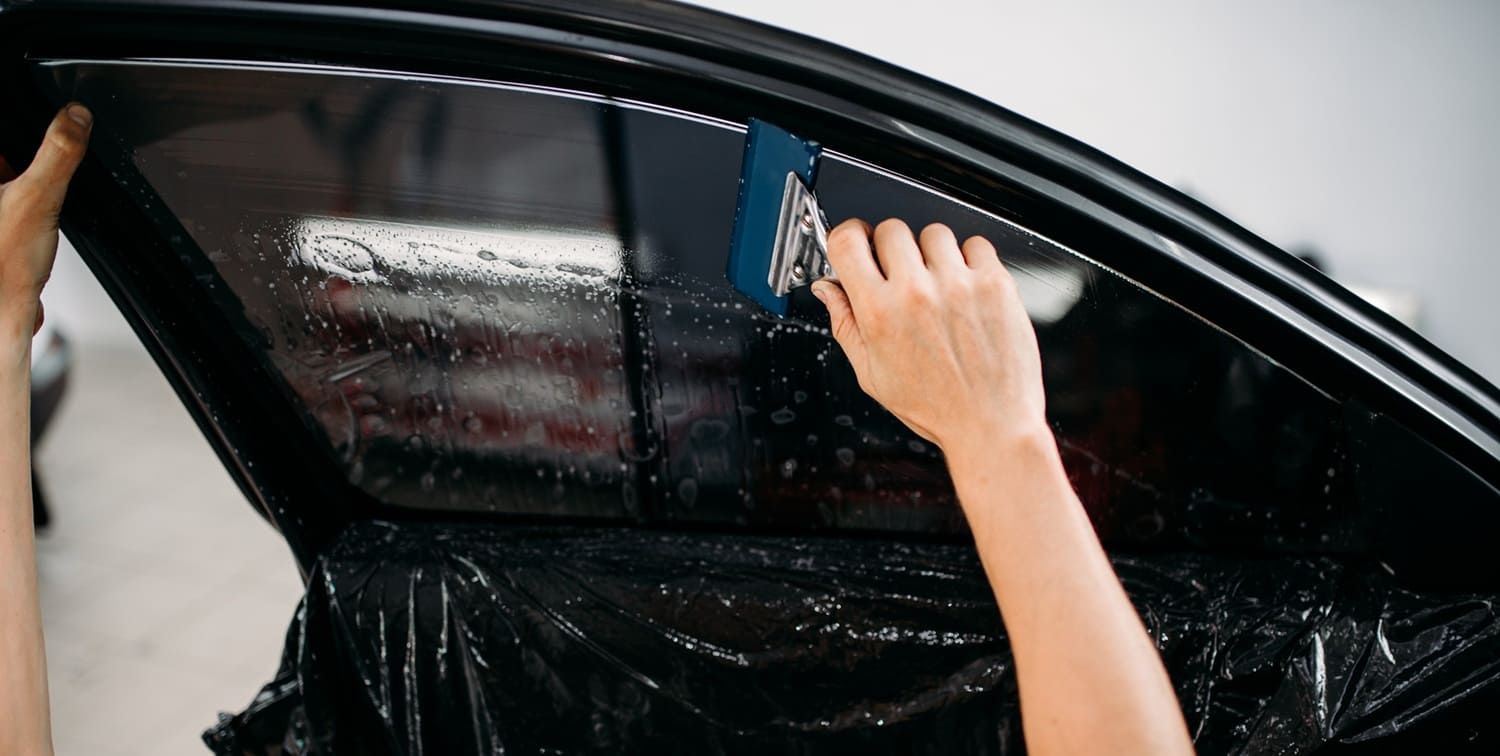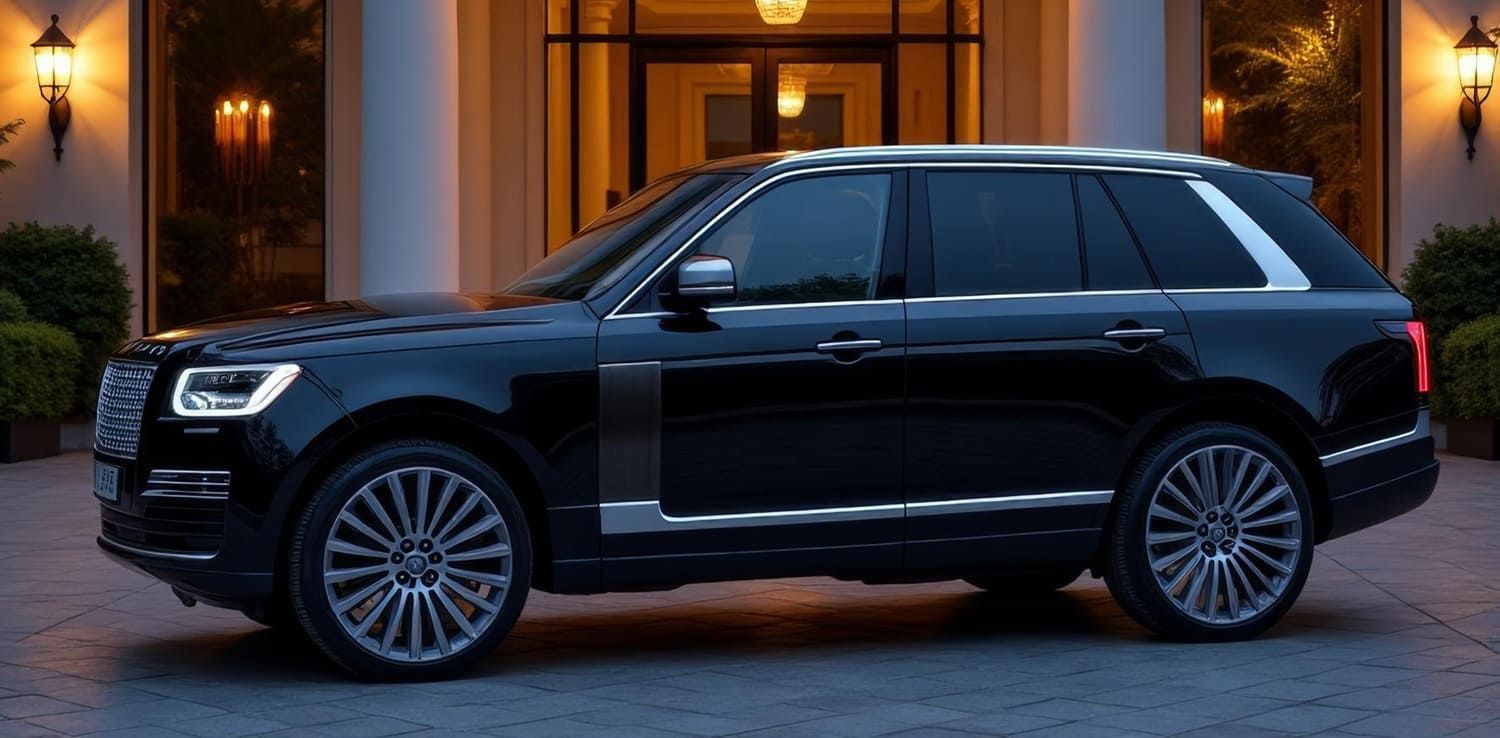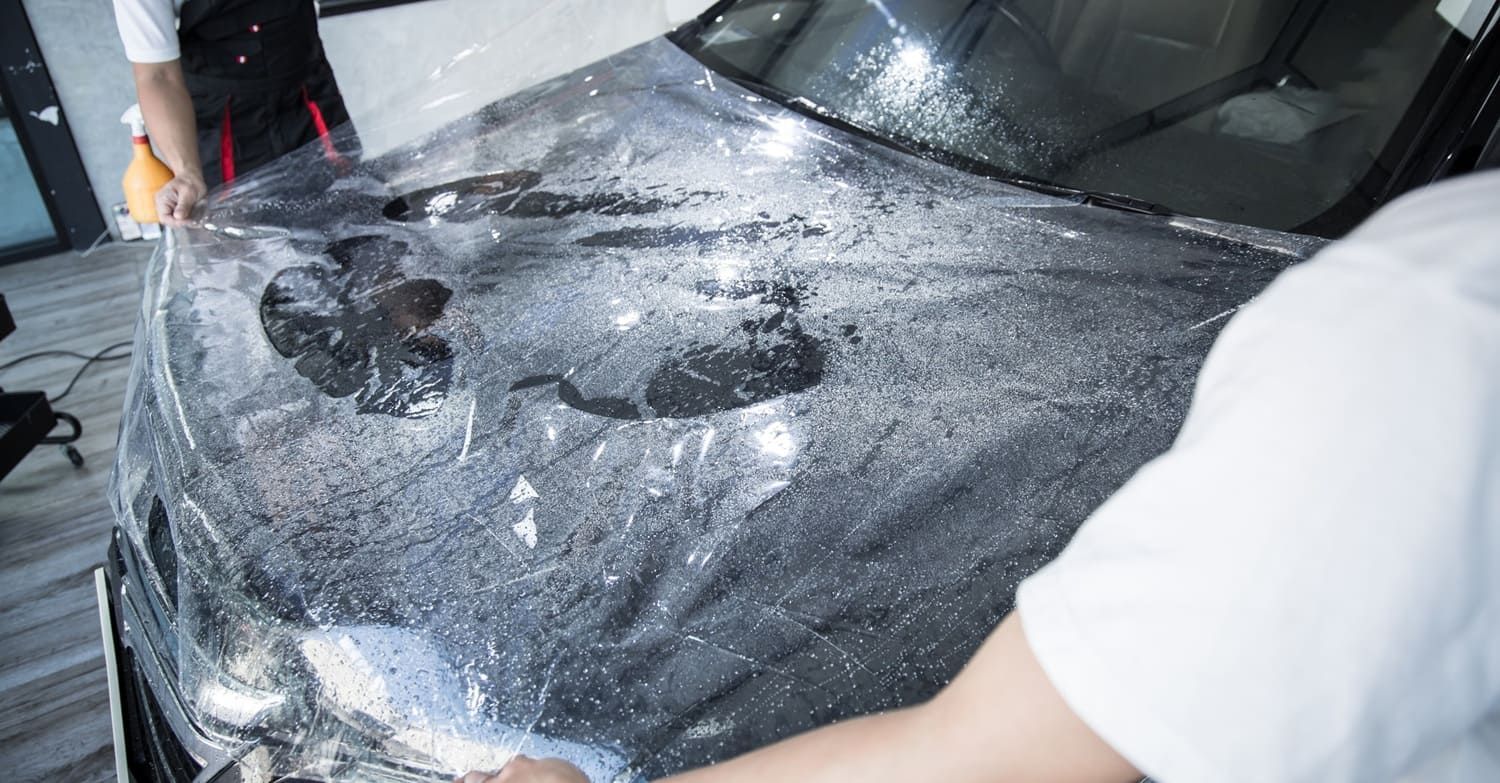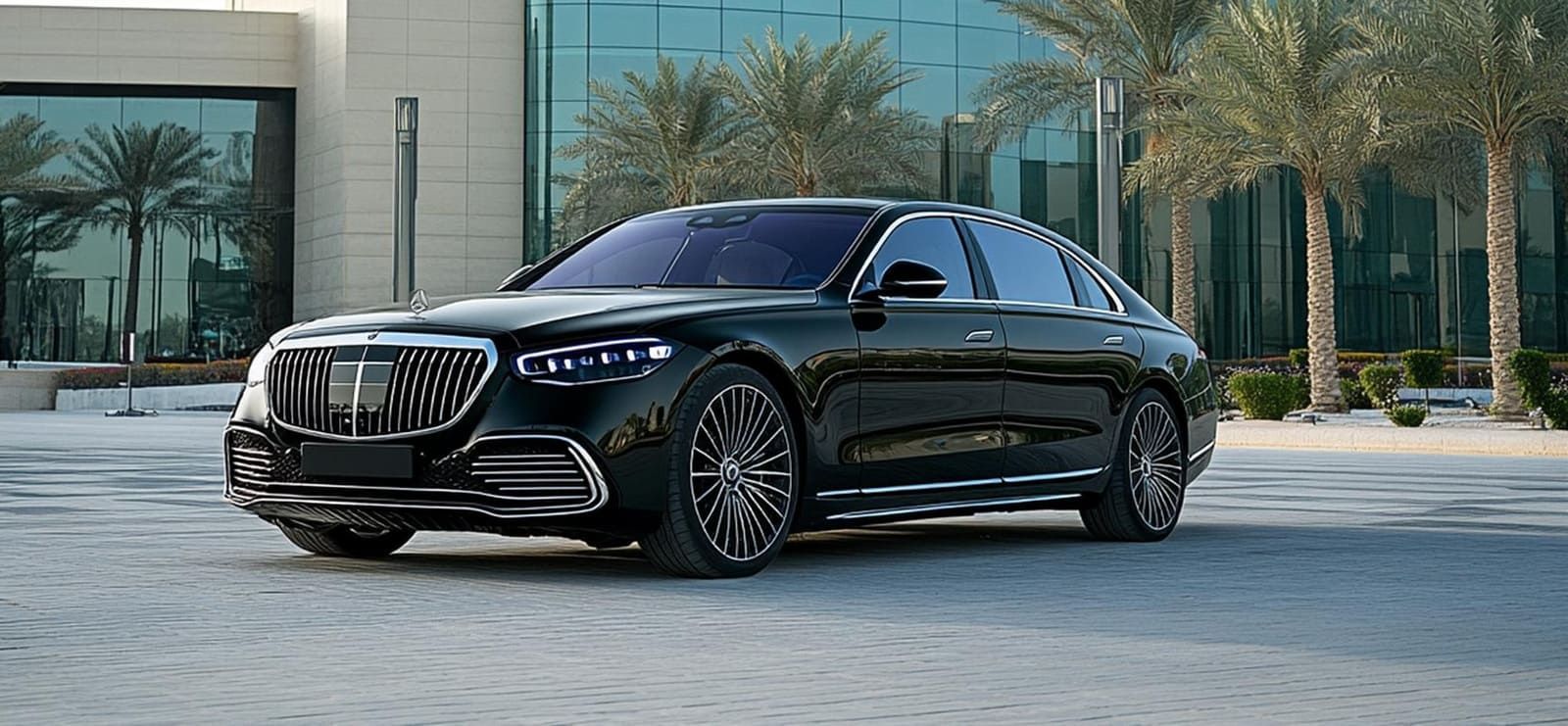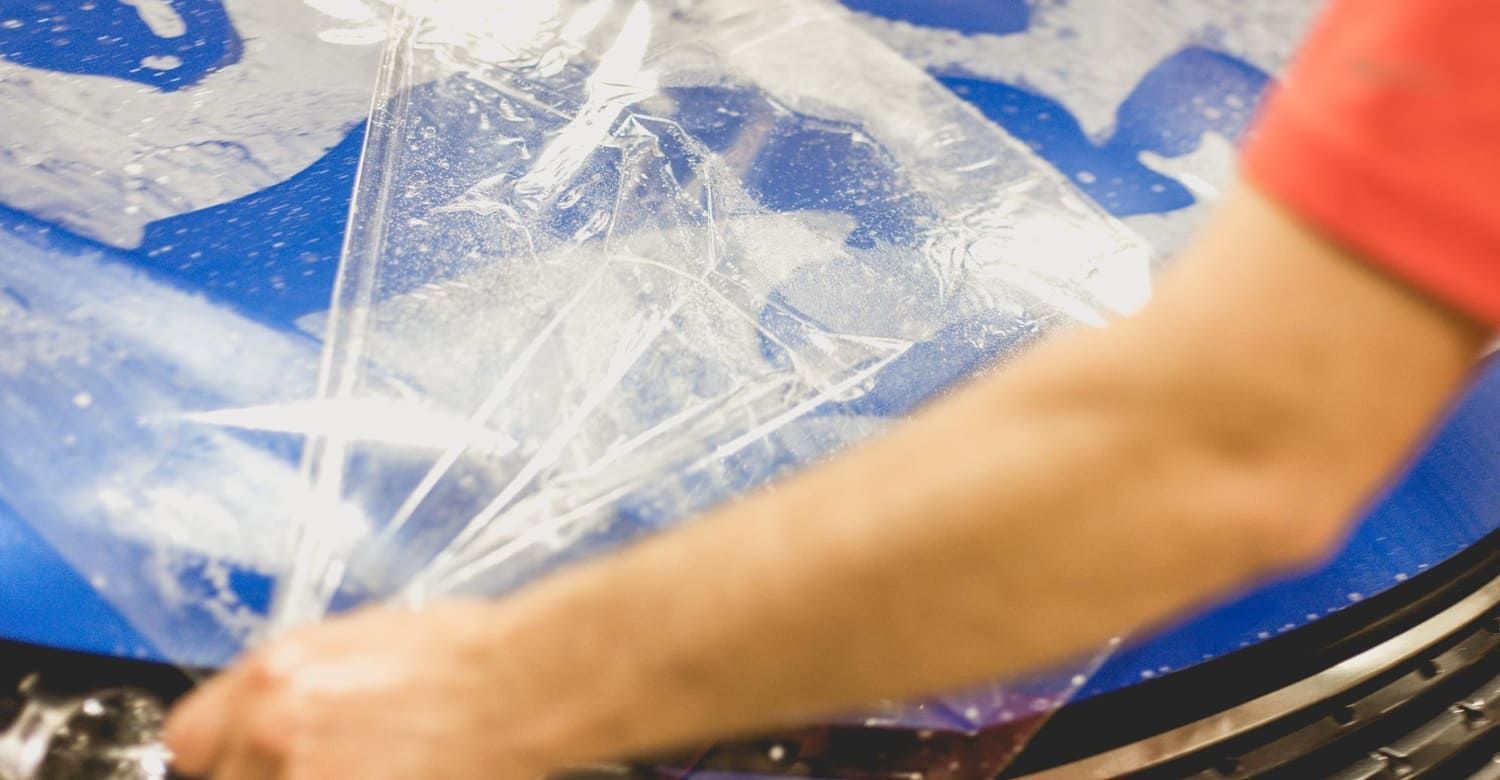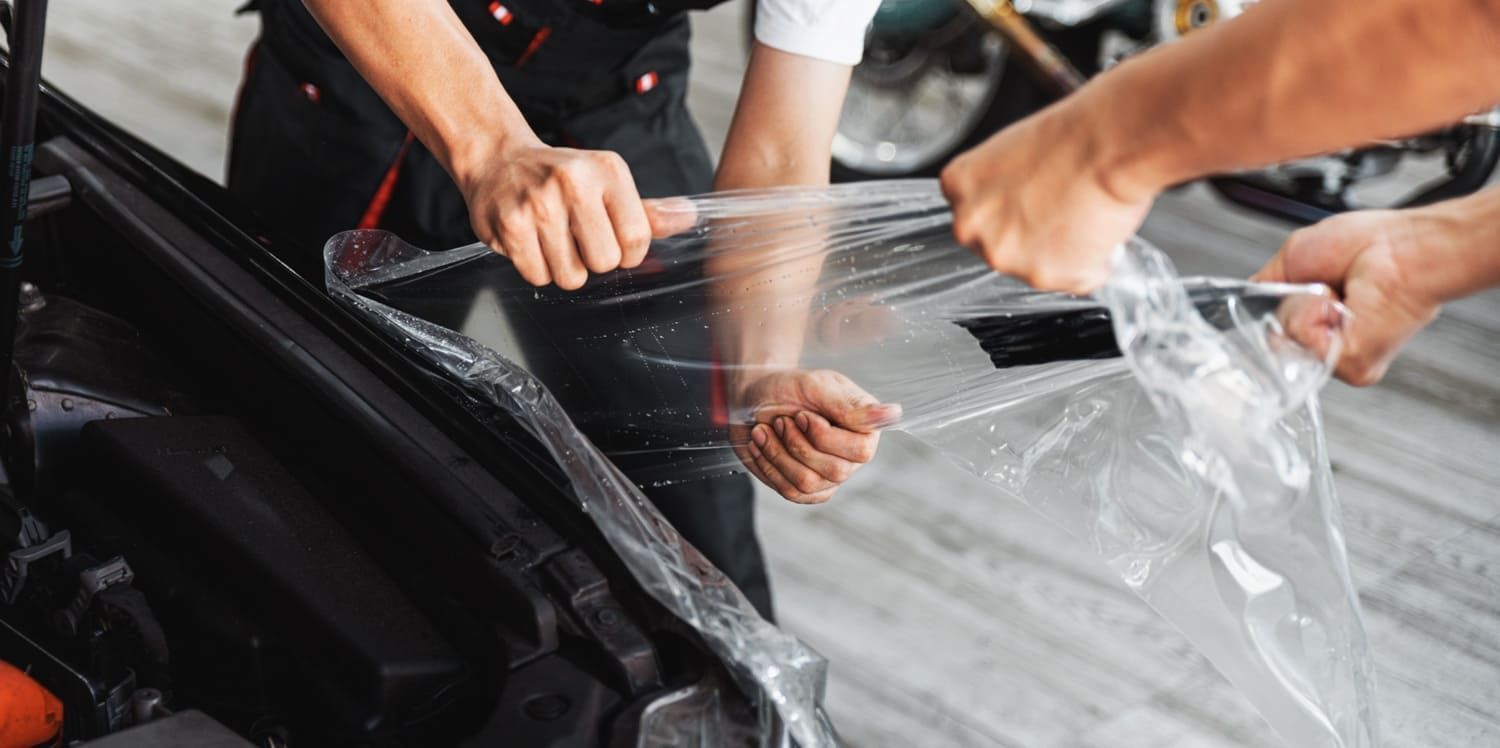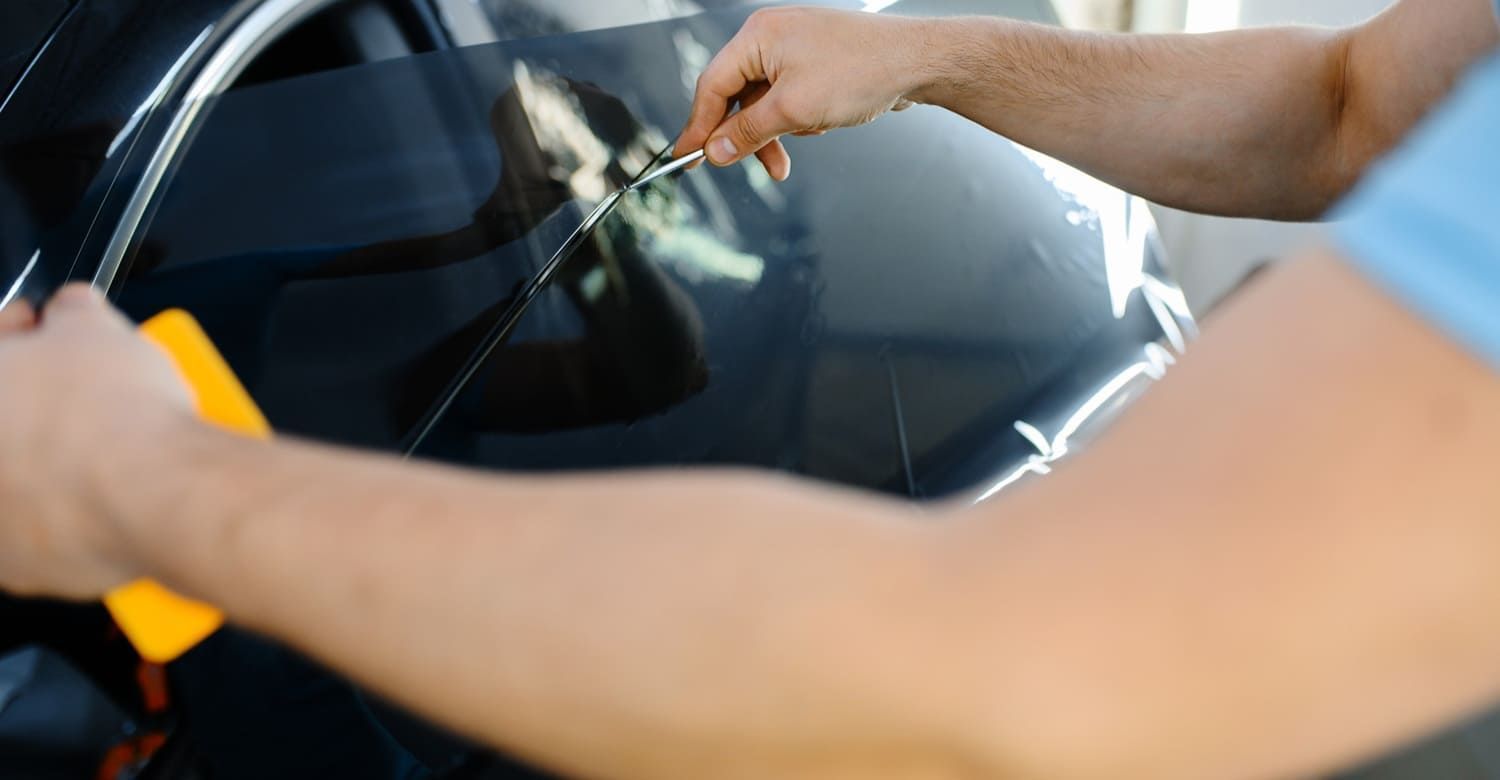How Long Does Paint Protection Film Actually Last?
When investing in paint protection film (PPF) for your vehicle, a common question arises: how long will it actually last? This clear, durable film serves as a shield for your car's paint, protecting it from scratches, chips, and environmental damage. As a car owner, understanding the lifespan of PPF is crucial not only for preserving your vehicle's appearance and value but also for making informed decisions about your car care strategy. Knowing how long PPF lasts can help you plan maintenance schedules and budget for future expenses effectively.
In this article, we'll explore the longevity of paint protection film, factors that affect its durability, and tips to maximize its lifespan. With a comprehensive understanding of these elements, you can ensure that your investment in PPF yields the best possible results. From the quality of the film to the conditions it faces, several aspects determine the effectiveness and endurance of your PPF, and by the end of this guide, you’ll be well-equipped to keep your car looking pristine for years to come.
Paint Protection Film, often referred to as PPF or clear bra film, is a thermoplastic urethane film applied to the painted surfaces of a vehicle. It is a popular choice for car enthusiasts and everyday drivers alike who wish to protect their vehicle's finish from road debris, bug splatter, and minor abrasions. The film is designed to absorb damage that would otherwise affect the paint, acting as a sacrificial layer that maintains the car’s factory finish.
PPF is nearly invisible when applied correctly, maintaining the aesthetic of your car while providing robust protection. This invisible layer ensures that the car’s design and color remain unobstructed, which is particularly important for those who take pride in the appearance of their vehicle. Moreover, modern PPFs are equipped with self-healing properties that can repair minor scratches with exposure to heat, ensuring that your car remains in top condition with minimal intervention.
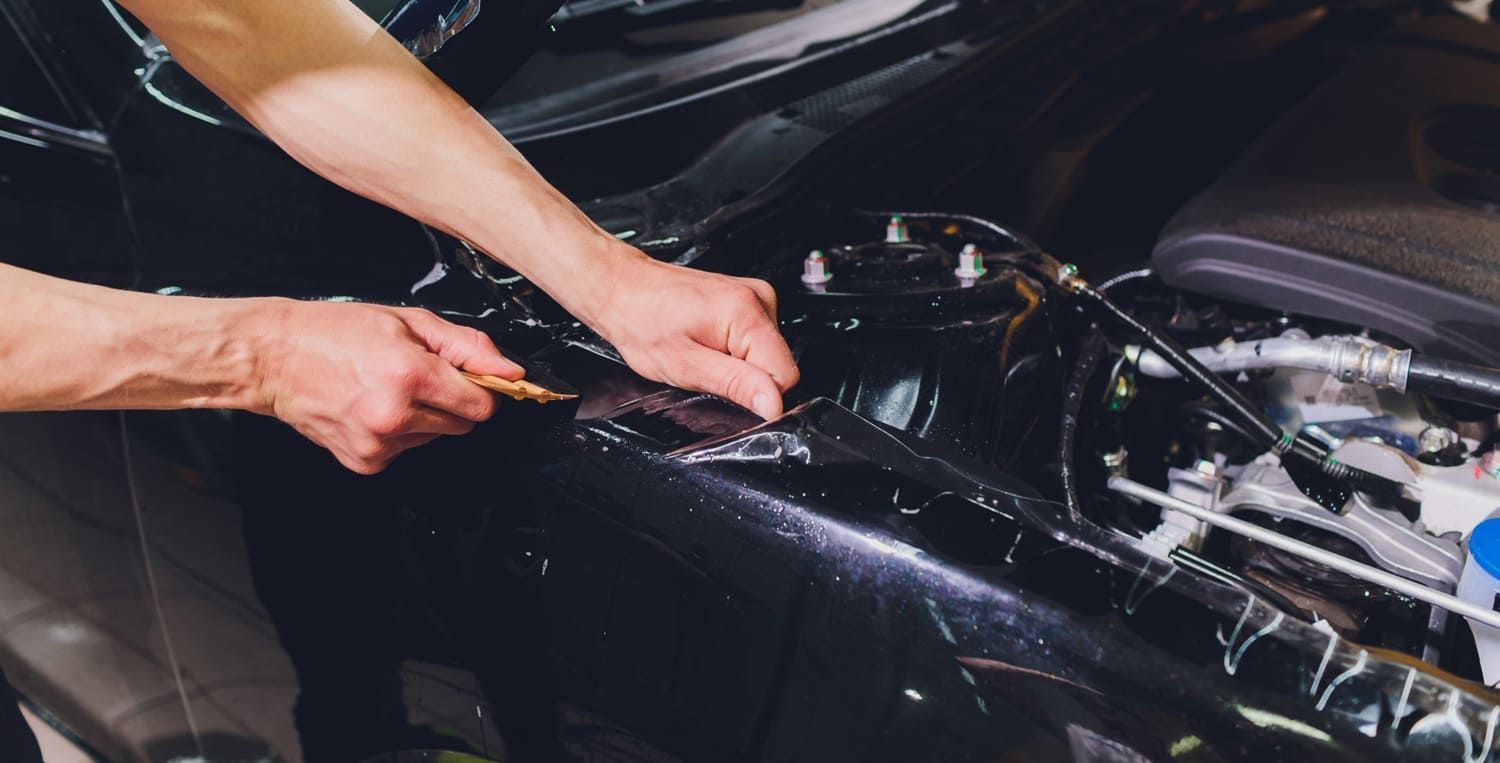
Factors Influencing PPF Longevity
Several factors can influence how long your paint protection film will last. Understanding these factors is key to maximizing the lifespan of your PPF and ensuring it serves its purpose effectively.
Quality of the Film
Not all PPFs are created equal. Brands like Llumar PPF are known for their high-quality materials and advanced technology. Investing in a reputable brand can significantly affect how long the film will protect your car. High-quality films are often more resilient to environmental stressors and have better clarity, ensuring both durability and aesthetic appeal. These films are manufactured with advanced polymers that enhance their resistance to UV rays and chemical exposure, further extending their life.
Choosing a lower-quality film can lead to premature degradation, affecting both the look and protection level of your car. It's important to consider the long-term benefits when selecting a PPF, as the initial cost savings of cheaper options may be offset by the need for more frequent replacements or repairs. High-quality films also tend to come with better warranties, providing additional peace of mind.
Installation Process
Professional installation is crucial for maximizing the lifespan of paint protection film. An experienced installer ensures that the film is applied correctly, with no bubbles or misaligned edges that could compromise its effectiveness. Proper installation techniques are essential in ensuring that the film adheres well to the car’s surface, preventing premature lifting or peeling.
DIY installations or using inexperienced installers can lead to a host of problems, including uneven application, trapped air bubbles, and edges that lift over time. These issues not only diminish the protective qualities of the film but also detract from the vehicle’s appearance. Professional installers have the tools and expertise to ensure a seamless application, reducing the likelihood of errors and extending the film's durability.
Environmental Conditions
The conditions your vehicle is exposed to can also impact the longevity of PPF. UV exposure, extreme temperatures, and constant exposure to harsh weather conditions can degrade the film over time. Consistent sun exposure can lead to yellowing or fading, while extreme cold can cause brittleness. Parking your vehicle in a garage or shaded area can help prolong its life by reducing exposure to these environmental stressors.
Vehicles in regions with high pollution levels or frequent road salt usage may see accelerated PPF wear, as these elements can be corrosive over time. Regularly rinsing your car to remove contaminants can mitigate some of these effects, helping to preserve the film’s integrity. Being mindful of the environments your vehicle is exposed to and taking preventive measures can significantly enhance the lifespan of your PPF.
Maintenance Practices
Proper maintenance is key to extending the life of your paint protection film. Regular washing and avoidance of harsh chemicals can help maintain its appearance and protective qualities. Using a gentle hand wash method with microfiber cloths ensures that the film remains free of scratches and maintains its clarity.
In addition to regular cleaning, using products designed specifically for PPF can enhance its performance and longevity. These products help in maintaining the film’s hydrophobic properties, making it easier to clean and less prone to staining. Maintenance practices should also include periodic inspections for damage, allowing for early intervention if any issues are detected.
How Long Does PPF Typically Last?
On average, high-quality paint protection films like Llumar PPF can last between 5 to 10 years. However, the lifespan can vary based on the factors mentioned above. Some films may last longer with proper care, while others might degrade more quickly if neglected. The specific environment in which a car is used, along with maintenance routines, plays a significant role in determining the actual longevity of the film.
The lifespan of PPF is also linked to technological advancements in film manufacturing. Newer films often boast enhanced durability and self-healing properties, which can contribute to a longer lifespan. Staying informed about the latest developments in PPF technology can help car owners make better choices when it’s time to replace their film.
Warranty Considerations
Many manufacturers offer warranties that guarantee the film for a certain number of years. Be sure to check the warranty details when purchasing PPF, as this can give you an indication of the expected lifespan and provide coverage in case of defects. Warranties often cover issues such as discoloration, peeling, and cracking, which can offer peace of mind to car owners.
Understanding the terms and conditions of the warranty is crucial, as some warranties may require specific maintenance practices to remain valid. This means adhering to recommended cleaning methods and avoiding unauthorized repairs. A solid warranty not only assures you of the film's quality but also provides a safety net in case of unexpected issues.
Tips to Extend the Life of Your Paint Protection Film
Regular Cleaning
Keeping your car clean is essential for maintaining your PPF. Use a mild soap and water solution to wash your car regularly. Avoid using abrasive brushes or cloths, as they can scratch the film. Regular cleaning helps prevent the buildup of dirt and contaminants that can compromise the film's integrity over time.
Incorporating a routine cleaning schedule into your car care regimen can also prevent staining and preserve the film’s clarity. Be sure to dry the car thoroughly after washing to avoid water spots, which can etch into the film if left unchecked. A clean car not only looks better but also ensures that your PPF continues to protect effectively.
Avoid Harsh Chemicals
Steer clear of using harsh chemicals and solvents that can damage the film. Stick to products that are specifically formulated for use on PPF or are gentle on car paint. These products are designed to be pH balanced, reducing the risk of chemical reactions that could degrade the film.
Using inappropriate cleaning agents can lead to discoloration and weakening of the film’s protective capabilities. Always read labels and, when in doubt, consult with your PPF installer or manufacturer for product recommendations. Protecting your PPF from chemical damage is a simple yet effective way to ensure its longevity.
Inspect for Damage
Periodically inspect your paint protection film for any signs of damage, such as peeling or bubbling. Early detection of issues allows for prompt repairs, which can prevent further degradation. Regular inspections are particularly important after driving in harsh conditions or after long trips.
If damage is detected, consult with a professional to assess the situation and recommend the best course of action. Promptly addressing minor issues can prevent them from escalating into larger, more costly problems. Regular inspections ensure that your PPF remains in optimal condition, providing continuous protection for your car.
Professional Maintenance
Consider having your PPF professionally inspected and maintained. Professionals can provide treatments that enhance the film's performance and longevity, such as sealants that repel dirt and water. These treatments can restore the film’s hydrophobic properties and enhance its resistance to environmental elements.
Professional maintenance services can also include detailed cleanings and inspections that may not be feasible at home. By entrusting your PPF to experts, you ensure that it receives the highest level of care, which can significantly extend its useful life. Regular professional maintenance complements your at-home efforts, maximizing the benefits of your PPF investment.
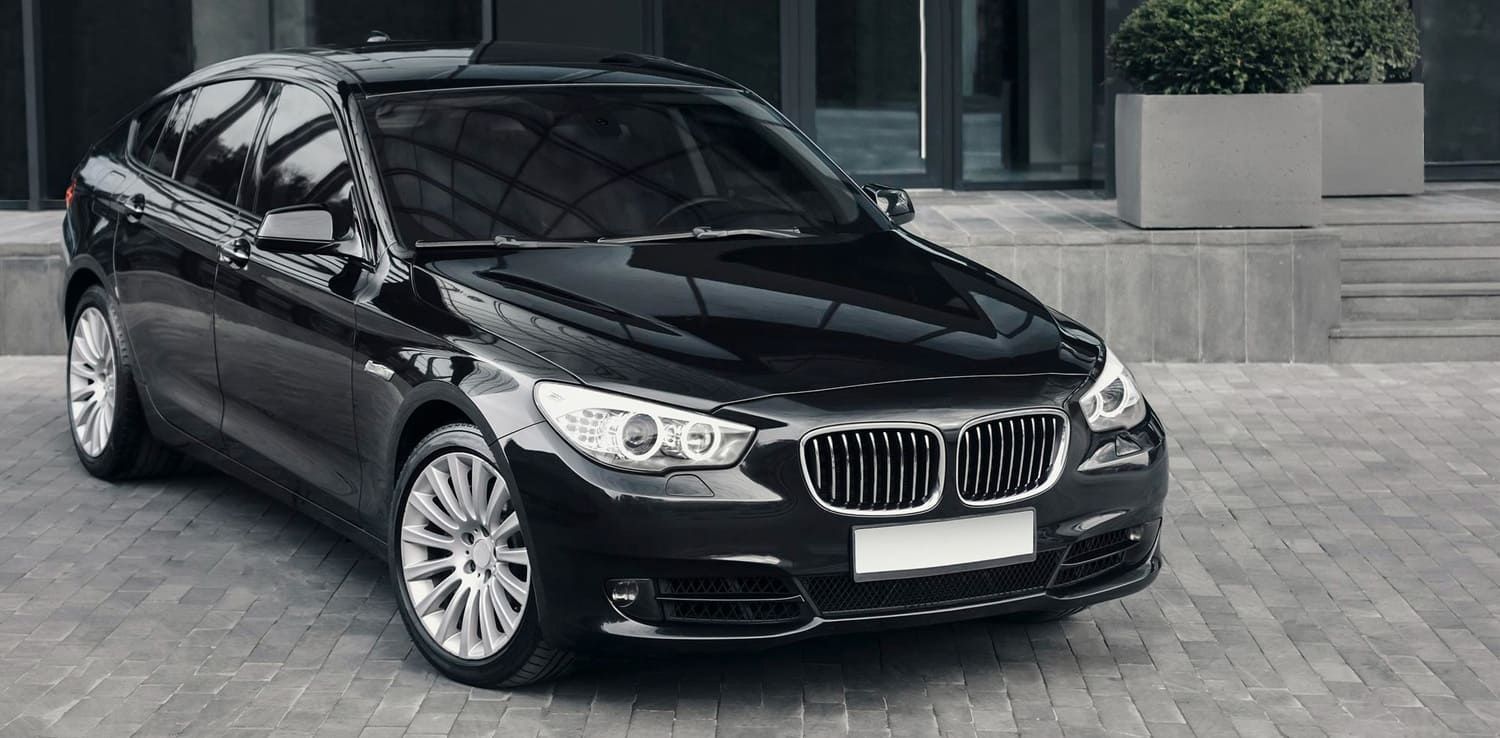
Is Paint Protection Film Worth the Investment?
For many car owners, the peace of mind and aesthetic benefits provided by paint protection film make it a worthwhile investment. By protecting your vehicle's paint, PPF helps maintain its resale value and keeps it looking new for longer. This is particularly important for luxury or high-performance vehicles where maintaining a flawless appearance is integral to the vehicle’s overall value.
While there is an upfront cost associated with purchasing and installing PPF, the long-term savings from reduced paint repair and maintenance can make it a cost-effective choice. In addition to financial savings, the convenience of avoiding frequent touch-ups and repairs is a significant advantage. For those who value their car's appearance and want to protect it against unforeseen damage, PPF offers an effective and reliable solution.
Conclusion
Paint protection film offers a reliable way to safeguard your vehicle's paint from everyday hazards. With Custom Glass Tinting in Gainesville, FL, a trusted LLumar Dealer and the best PPF installers near you, you can rely on expert installation that ensures your car receives long-lasting protection. With proper care and maintenance, high-quality PPF can last between 5 to 10 years, providing lasting value and peace of mind.
The benefits of PPF extend beyond aesthetic preservation—it’s a comprehensive solution that guards against physical damage and environmental factors. By choosing a reputable brand like LLumar PPF and trusting the professionals at Custom Glass Tinting, you can enjoy the full advantages of paint protection film for years to come. Regular cleaning and proper maintenance further enhance its longevity, ensuring your car remains in pristine condition.
For proactive car owners, investing in PPF means driving with the assurance that your vehicle’s exterior is well-protected, allowing you to focus on enjoying the road. Paint protection film is a smart investment for anyone looking to preserve their vehicle’s beauty and integrity. With its ability to defend against scratches, chips, and harsh environmental elements, PPF helps keep your car looking its best, mile after mile.
Contact Custom Glass Tinting in Gainesville, FL today for your free estimate and protect your vehicle with professional LLumar PPF installation.
Frequently Asked Questions About Paint Protection Film Lifespan
How long does paint protection film usually last?
Most PPF lasts 7 to 10 years with proper care.
Can PPF last longer than 10 years?
Yes, premium films may last longer depending on climate and maintenance.
What factors affect PPF lifespan?
Sun exposure, driving conditions, and maintenance habits all matter.
Does PPF fade or turn yellow over time?
Low-quality films may, but modern premium films resist yellowing.
Can self-healing PPF extend durability?
Yes. It repairs light scratches, keeping the film looking new.
Does climate impact how long PPF lasts?
Yes. Hot, humid, or coastal areas may shorten lifespan.
How do I know when PPF needs replacement?
Signs include peeling, bubbling, or reduced clarity.
Will professional installation make PPF last longer?
Yes. Expert installation ensures proper adhesion and long-term performance.


